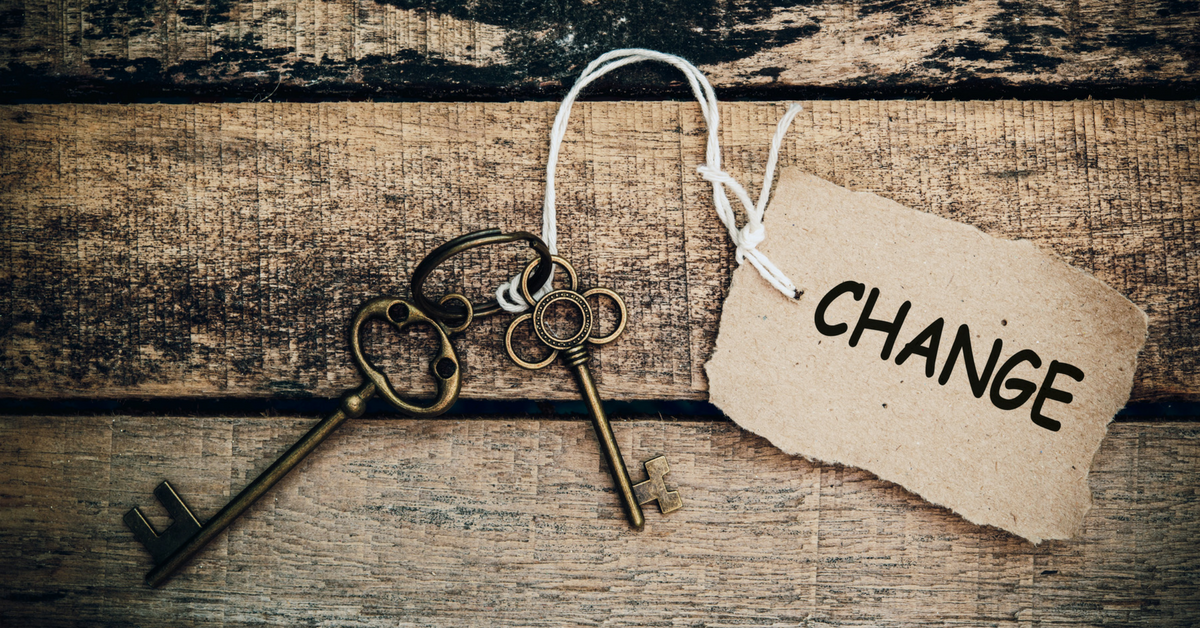"When you lead with your heart, you are enormously powerful."
Ultimately, what we all truly want in life is to be happy. Sounds simple, right? Yet, how do we achieve happiness? I suggest that the power to access your greatest potential lies in the choice to lead with love.
Some people will say that leading with love is not “realistic;” yet, what’s the alternative? When is the last time you arose and declared, “today, I’m going to be let fear have its way with me and be unhappy”?
In the time it takes for you to read this post, I invite you to ask yourself to this question: “If I choose love instead of fear, will I feel more happiness, peace, and joy?” According to the 14th Dali Lama, "When you think everything is someone else's fault, you will suffer a lot. When you realize that everything springs only from yourself, you will learn both peace and joy." There is tremendous power, therefore, in realizing that your outer world is a reflection of your inner world. This realization is another important step in your personal growth.
Stepping forward in the decision to lead with love means that you choose to accept yourself and others, that you feel compassion toward yourself and others, and that you view the life in front of you as full of possibility. When you consciously choose love, then you don’t need to put energy into finding strength or courage. You will cultivate these innate capabilities and attract others who nurture, support and encourage you.
Regardless of outer circumstances, every single human being has beauty inside them. The purpose of this being human is to bring that beauty forth—to ignite the eternal spark that is unique to YOU.
Fear is the opposite energy of love. Fear is a powerful and primitive human emotion. It alerts us to the perception of danger and was critical in keeping our ancestors alive. Fear has been identified as a “shadow” part of the human personality and is related to victim energy. When we choose to feel like a victim, we choose judgment over grace, anger over kindness, and resentment over acceptance. My friend and brilliant spiritual teacher, Christiana Herbert, instructs that everyone who has “wronged” us is either completely unaware or wounded. If you embraced this fact, how would that foster your ability to forgive?
How we view ourselves is the lens with which we view the world, which is why all personal, spiritual growth requires an inward focus. Become consciously aware of your ability to see the world through the lens of love and watch what happens to your overall happiness.
If we could change our basic stance in life, from fear to love, what would this look like on a practical level? Instead of trying to overcome our fears (which magnifies them, as what we focus upon expands), what if we could open ourselves to our present experience. Could you turn toward another with the intention of understanding? Could you release judgment toward others?
When we gain understanding of another person’s thoughts and beliefs, without a desire to change nor control them, then conflict dissipates. You may choose not to spend time with that person going forward, but the reason is not fear. Your making a conscious choice to love yourself and release any desire to control someone else is a sign of personal responsibility, which empowers your own personal, and spiritual, growth.







